The Saudi Ministry of Hajj and Umrah has unveiled the stipulations and recommendations for this year’s Hajj season. These guidelines include vaccination requirements and health recommendations for pilgrims coming to the Kingdom.
Vaccination Requirements for Domestic Pilgrims
For those intending to perform Hajj within the Kingdom, the necessary vaccinations this year, which must be documented in the “Sehhaty” app, are as follows:
COVID-19 Vaccine: A single dose of the developed COVID-19 vaccine.
Influenza Vaccine: One dose of the influenza vaccine administered during the year 2024.
Meningitis Vaccine: A single dose of the meningitis vaccine received within the past five years.
Vaccination Requirements for International Pilgrims
Pilgrims coming from outside the Kingdom must adhere to the following requirements:
Meningitis Vaccine: The pilgrim should have received the Neisseria meningitidis meningitis vaccine. The period since receiving this vaccine should not be less than 10 days and not exceed 5 years. Health authorities in the pilgrim’s home country must verify the timely administration of the vaccine and record its name and date in the vaccination certificate.
Additional Mandatory Vaccinations
In addition to the above, pilgrims must also receive at least one dose of the oral polio vaccine (bivalent or inactivated) and the oral polio vaccine (inactivated) for children.
Health Considerations for Pilgrims
The Saudi Ministry of Health advises countries from which pilgrims arrive to consider the following health-related factors:
Physical Fitness: Pilgrims should be free from diseases that contradict the minimum physical capacity required for performing the rituals. Conditions such as advanced kidney failure necessitating dialysis or peritoneal dialysis, advanced heart failure with symptoms at rest or with minimal physical exertion, and chronic lung diseases requiring intermittent or continuous oxygen use should be taken into account.
Liver Cirrhosis: Pilgrims with advanced liver cirrhosis accompanied by signs of liver failure, such as ascites and variceal bleeding, should be considered.
Neurological Disorders: Severe neurological disorders affecting cognition or accompanied by severe motor disabilities should also be considered.
Elderly Pilgrims: Elderly pilgrims with dementia should be evaluated for their ability to perform the rituals.
Medication and Original Packaging
Pilgrims with chronic illnesses are advised to carry sufficient quantities of their required medications. It is essential that these medications remain in their original packaging. Additionally, all pilgrims should be vaccinated against common diseases.
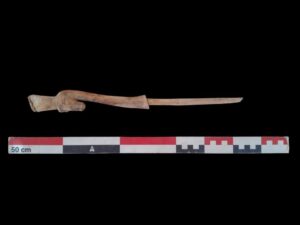








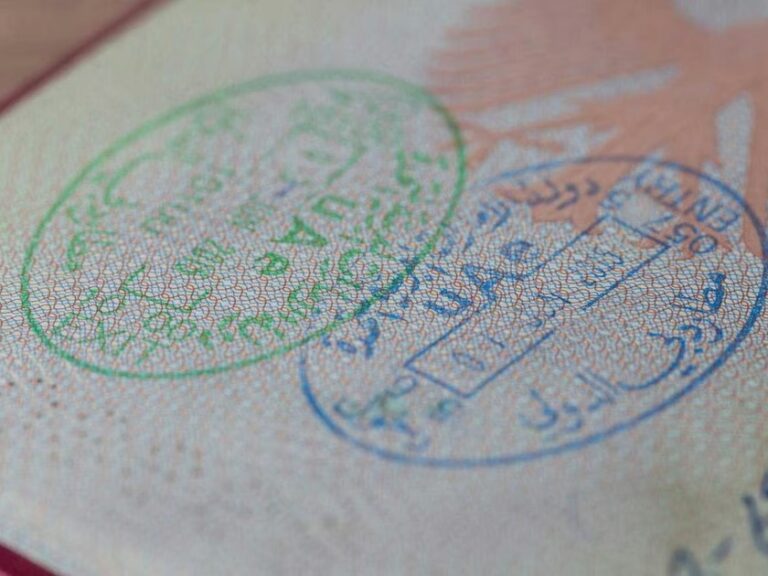
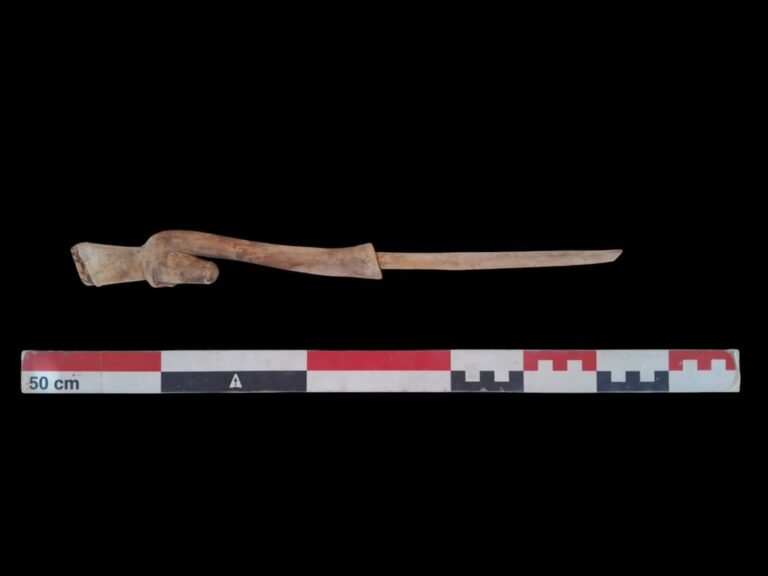
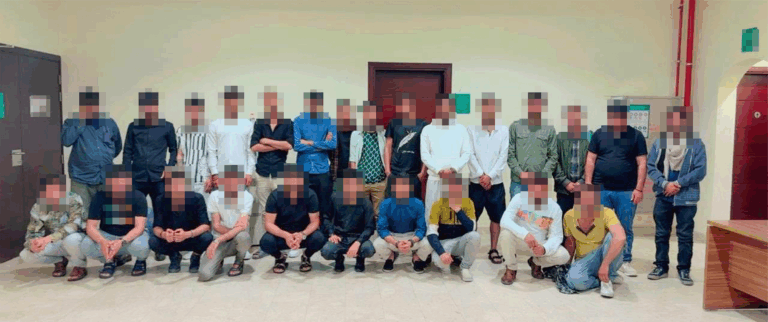





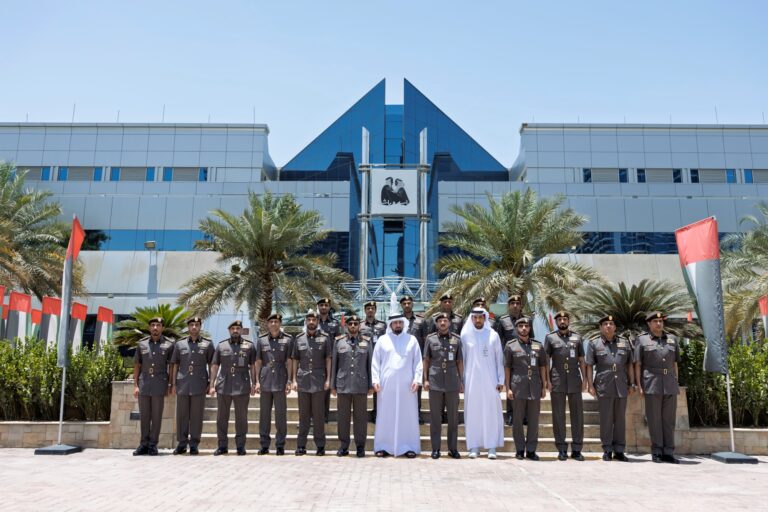
+ There are no comments
Add yours